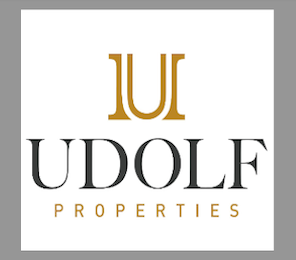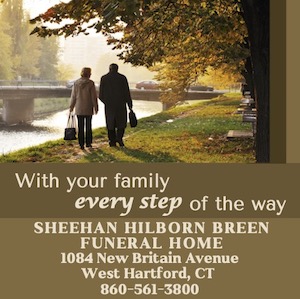“A Life of the Land: Connecticut’s Jewish Farmers” by Mary M. Donohue and Briann G. Greenfield, which will be published by the Greater Hartford Jewish Historical Society this month, includes the oral history of several of Connecticut’s Jewish farmers. Excerpted here from the book are several of those oral histories, edited by Briann G. Greenfield and Lucas Karmazinas. As the book notes, “Rich in detail and nuanced in their descriptions, [the histories] represent a powerful connection to the past.”
Rubin Cohen, Colchester
We always had a garden and a chicken coop. When I bought this place, there was just one hand pump over here, and there was no electricity. I was the one that finally got the electricity to come through this road. When I bought this place there were about thirteen little farms on this road, and they all made milk. You know, one can or a can and a half. They were all Polish. We were the only Jewish family on the whole road. I went to the power company… that was when the government was helping to pay for rural electrification. I went to the power company and asked them to give us electricity on this little road, and they said if I could get each property owner to sign and guarantee them five dollars per month for electricity that they would put it in. So I went to every farm on the road, and everybody agreed but the next-door farm thought five dollars per month was outrageous. They held it up for about a year. Finally I went to the power company and said I will pay fifty dollars towards his rent. I more or less shamed the farmer into finally signing, and that is how we finally got power. It had to be forty-eight or forty-nine years ago. And this was a dirt road. You should have seen it in the spring.
Rachel Himmelstein, Colchester
We had cows and chickens and a couple of horses, and my parents raised their own vegetables. We had fruits, vegetables, raised corn of course… planted corn. We had that for the animals and for the winter. Of course markets in those days were not what they are now. We sold some eggs once in a while. There was a milk company who took our milk and had it in big cans. We raised vegetables, potatoes, corn… of course we had our own milk cows. We sold eggs occasionally. But we did sell. It was over one hundred acres. I am quite sure. One farmhouse and there was a barn, cow barn, and chicken coop. We had an icehouse because we had our own ice for the summer.
Irving Sol Kiotic, Lebanon
My family had — we had a lot of rooms. My family had a big income two ways. We had those who would rent the room, kitchen privileges, and then we had those my mother fed, room and board, and we had a big income from that, a real big income. I think at the end of the summer my mother gave my father a pouch, eighteen hundred dollars, and that was a bushel of money. That was from one season. We had a Victrola way back in those days. They were free to use that, and they had the whole farm to roam around on. There was a swimming hole up at Lake Williams, and my father had twenty boats, because we lived right on the lake, and he rented boats for a dollar a day. The boarders had the privilege free to go boating, and there were islands. Beautiful islands and sandy beaches they can stroll on.
They came as families, different sizes. Some women came [with] two children, some [with] three, and I think the most [of the children] that I remember [were] young because the older ones would stay in the city to work. Now the men would work all week and they would come to Leonard’s Bridge Station by train from New York, and my father or someone else would go meet them with a horse and buggy. And my father would do all the shopping for them. They all couldn’t go to Colchester. The wagon wasn’t big enough. Each one would give my father a list, and he never got paid for that. .
We had what you called a summer kitchen, which was not attached to the house. It was a cool building, and they had kitchen privilege to cook there, to eat there. They could eat outside, but they had the privilege of using it. Koch-a-lein, they cooked themselves. A-lein means yourself, koch cook. Koch-a-lein, cook yourself. Koch-a-lein. Until we sold the farm in 1924. That was the end. My mother said she had enough of that. The cooking. The koch-a-leins didn’t bother her one bit, and the boarders didn’t either, but it was work. She was a farm woman. She had to help my father with some things.








 Southern New England Jewish Ledger
Southern New England Jewish Ledger








